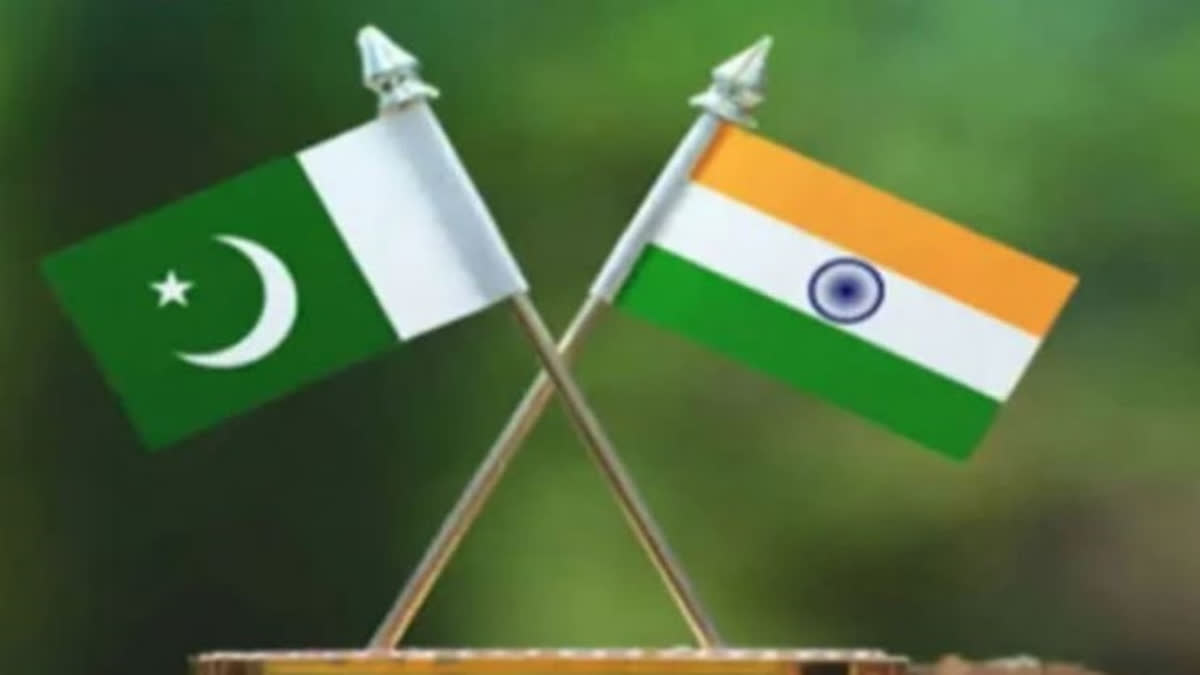Srinagar: A Pakistani delegation arrived in Jammu on Sunday evening to inspect two hydroelectric power projects under the Indus Waters Treaty. This visit is part of neutral expert proceedings aimed at resolving disputes over water usage.
During their stay, the delegation will inspect the Kishenganga and Ratle hydroelectric power projects in the Chenab valley. This is the first visit by a Pakistani team to Jammu and Kashmir in over five years under the 1960 treaty's dispute resolution mechanism. The last inspection occurred in January 2019, prior to the revocation of Jammu and Kashmir's special status.
In 2016, Pakistan requested the World Bank's intervention regarding its objections to the design of these projects. Although Pakistan initially sought resolution through a neutral expert, it later pursued adjudication via a Court of Arbitration. India, however, has consistently favoured neutral expert proceedings.
The Indus Waters Treaty, signed by India's Prime Minister Jawaharlal Nehru and Pakistan's President Ayub Khan in 1960, established the Permanent Indus Commission for cooperation on river water usage. The treaty allocates the waters of the Indus, Chenab, and Jhelum rivers to Pakistan, and the Ravi, Beas, and Sutlej rivers to India.
In October 2022, the World Bank appointed both a Neutral Expert and the chair of the Court of Arbitration after bilateral negotiations failed. India subsequently issued a notice to modify the treaty, asserting that concurrent consideration of the same issues was not permitted under the treaty. The Court of Arbitration ruled in July 2023 that it could adjudicate Pakistan's request for arbitration.
Pakistan submitted its legal documentation in March 2023, and in April, the Court of Arbitration visited the Neelum-Jhelum Hydro-Electric Plant in Pakistan-Occupied Kashmir. India, declining to participate in the arbitration court, submitted its case to the Neutral Expert in August 2023.
To facilitate the visit, the Jammu and Kashmir administration has appointed 25 liaison officers from various departments. These officials will coordinate the activities of the neutral experts and delegations from both countries.



